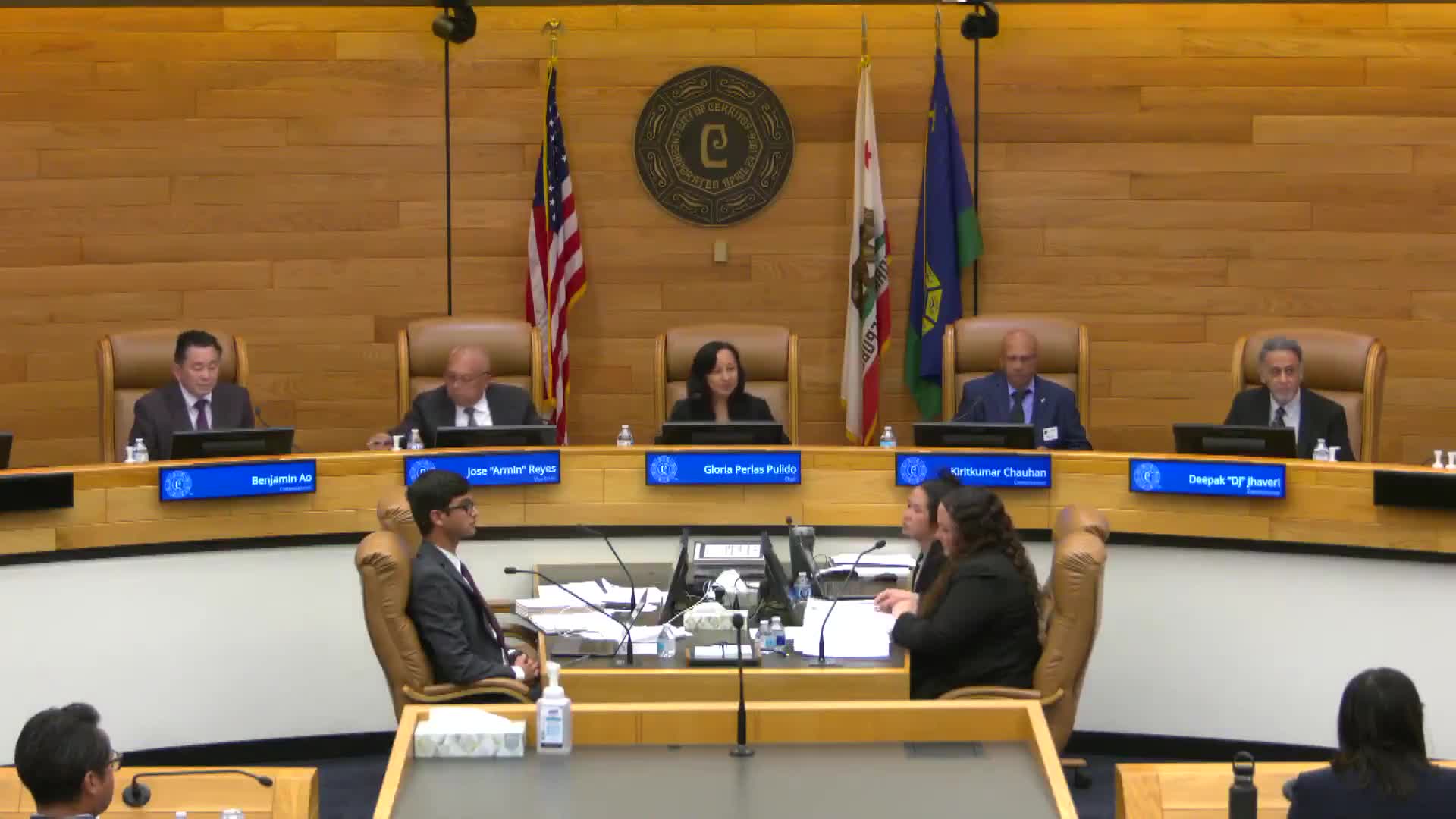Article not found
This article is no longer available. But don't worry—we've gathered other articles that discuss the same topic.
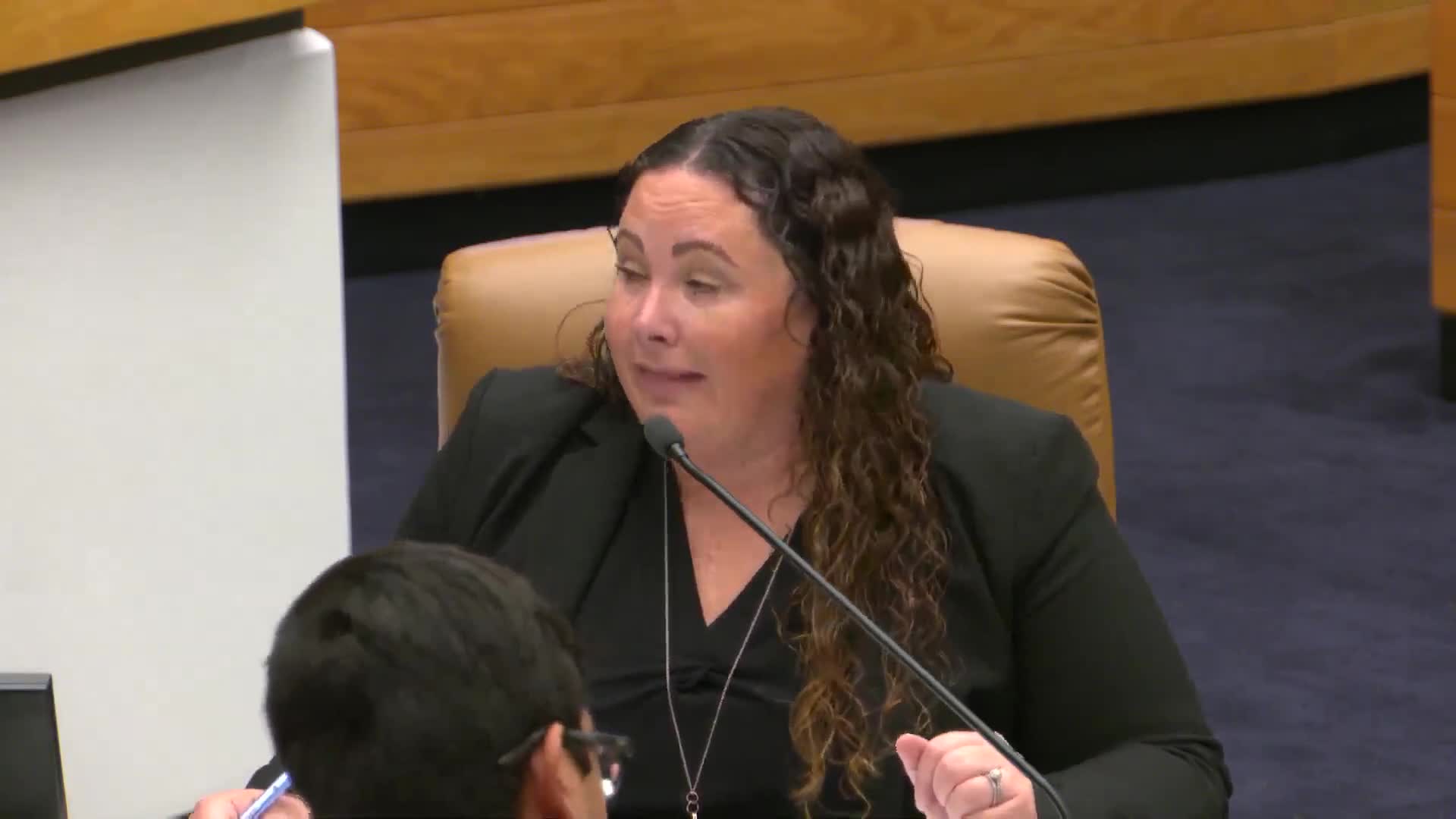
Votes at a glance: minutes, wireless permit, CIP conformity and RS‑4000 referral
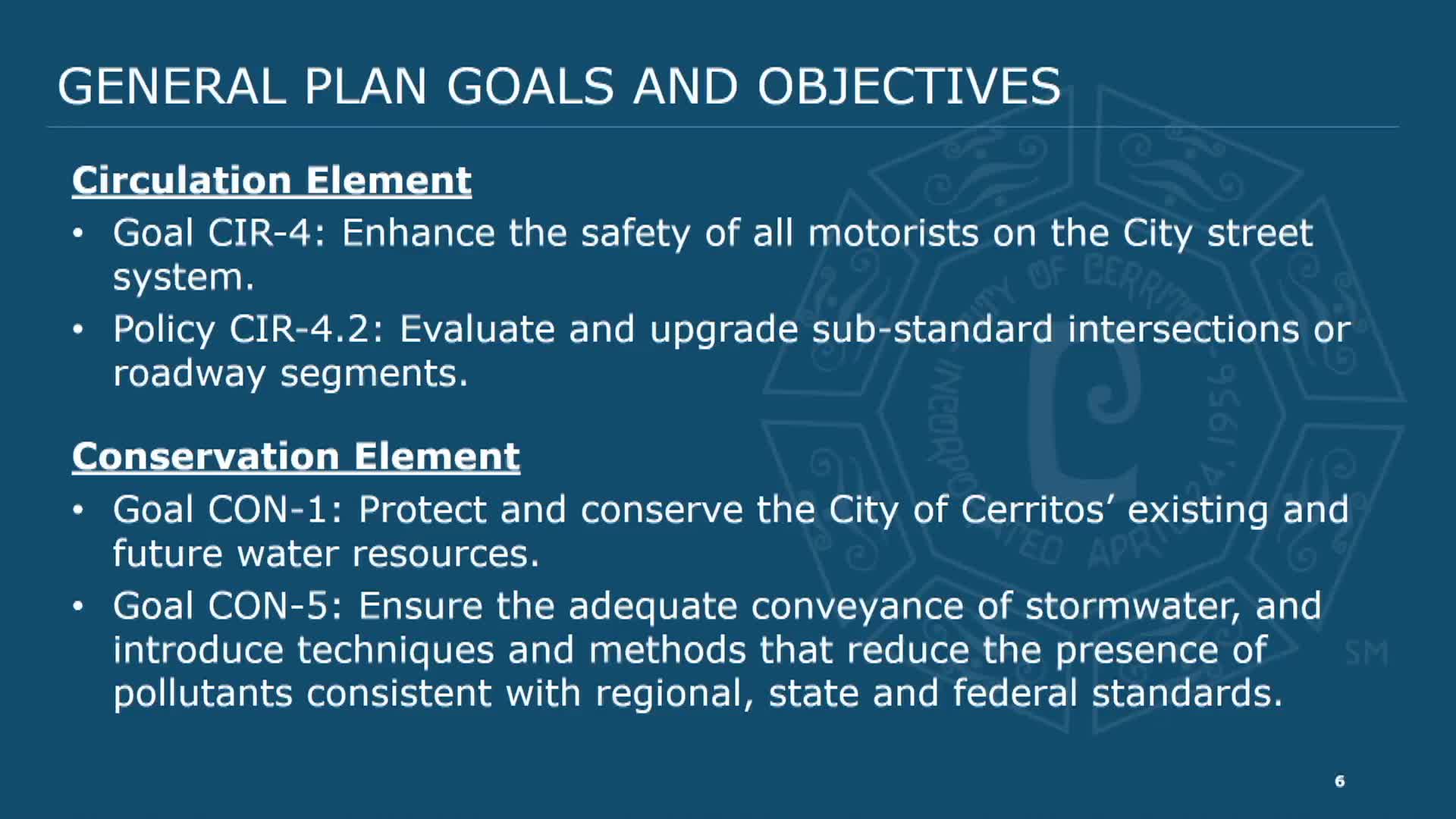
Commission declines to refer proposed RS‑4000 single‑family zone to council
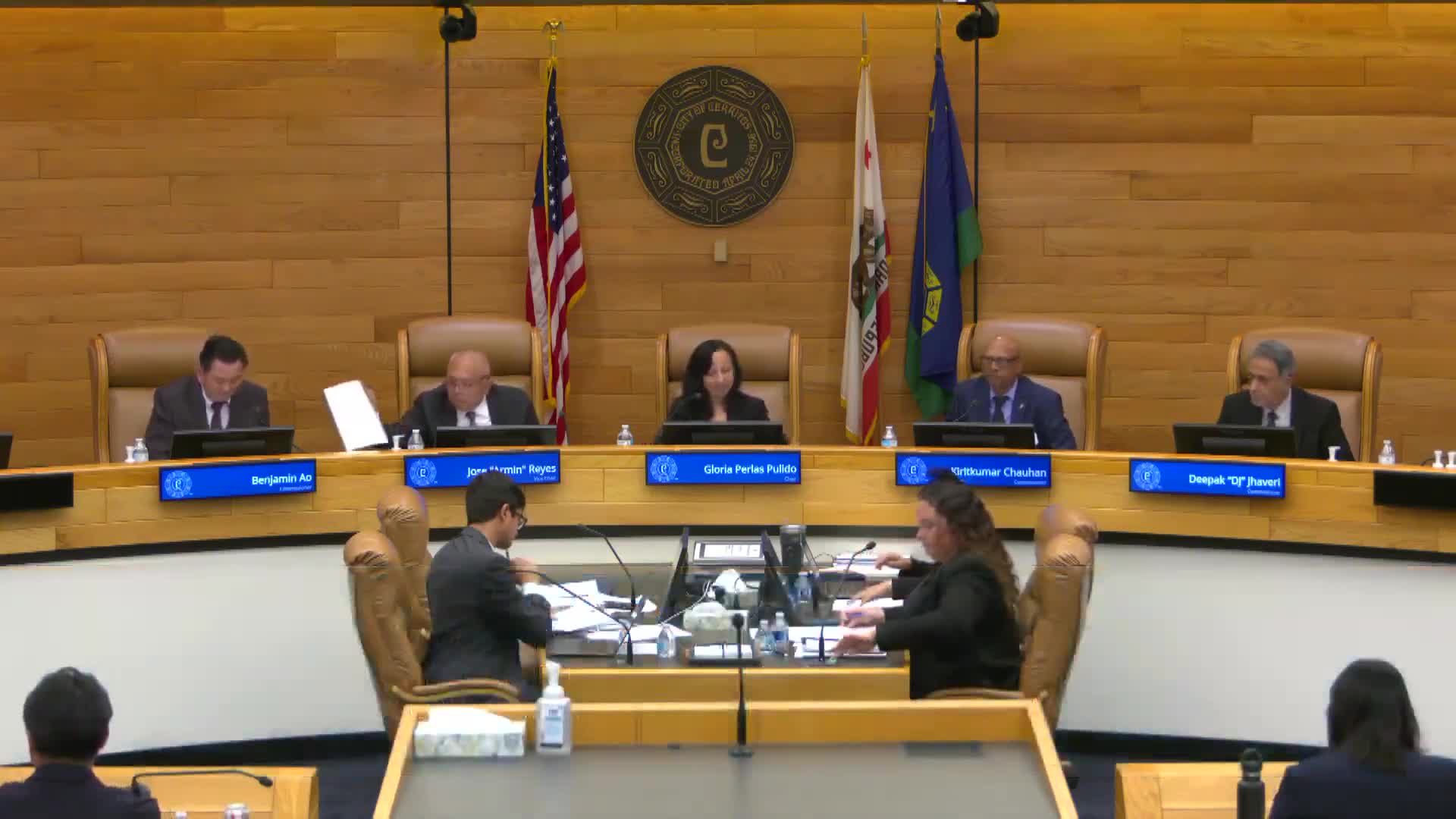
Planning Commission finds FY2025–26 Capital Improvement Program in conformity with general plan
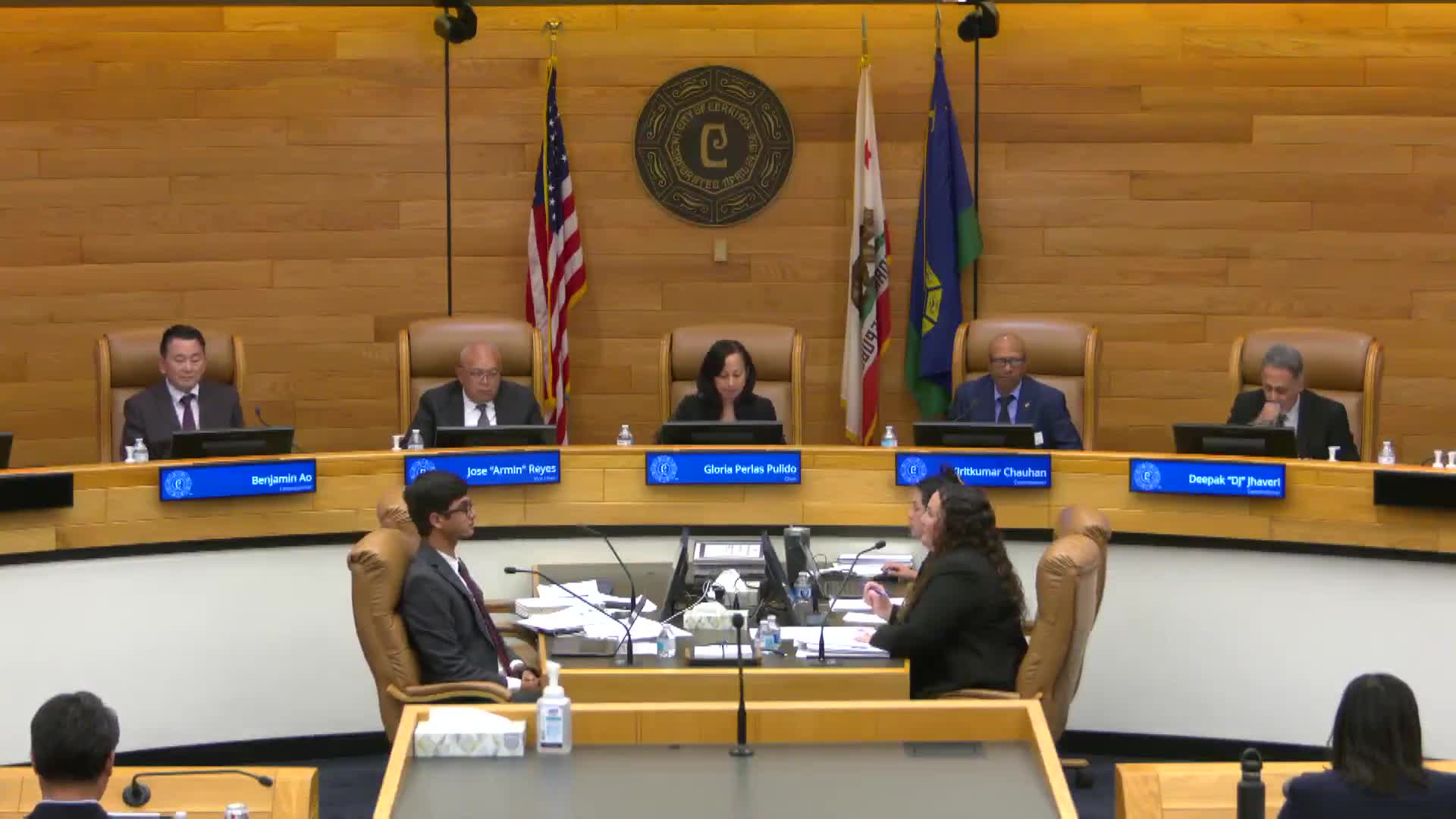
Chick‑fil‑A proposes 360‑square‑foot addition and expanded canopies at Los Cerritos Center
